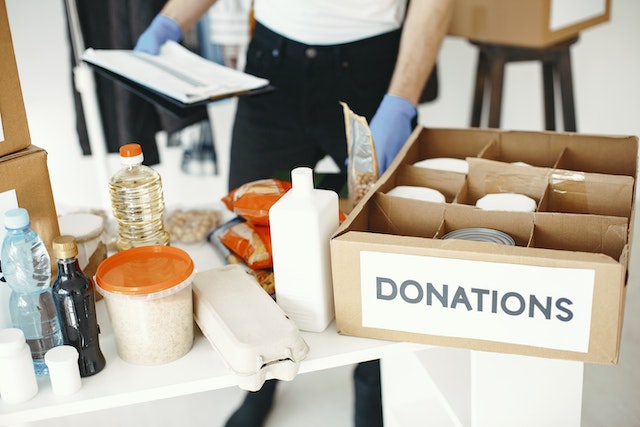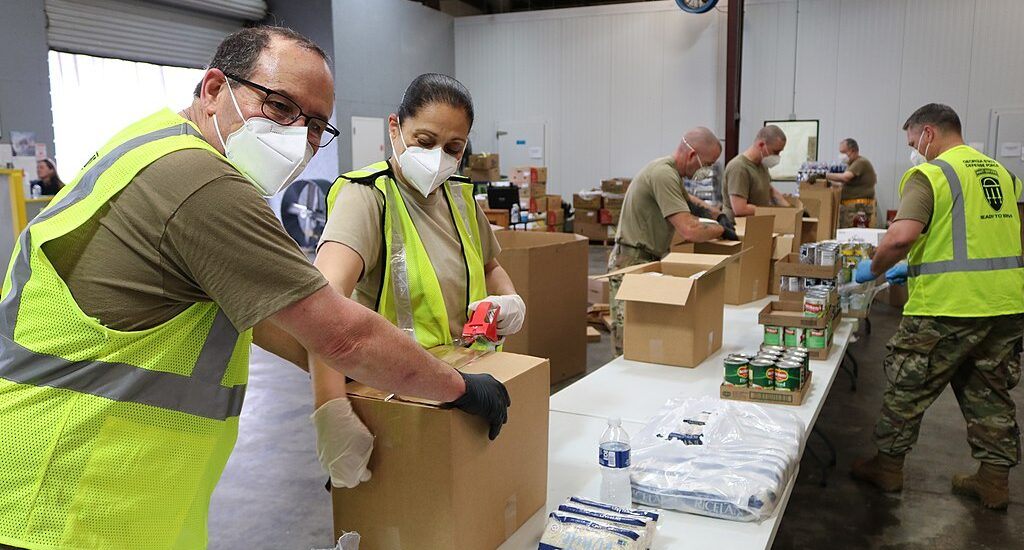Food banks need food donations to help people who are struggling to afford food. The number of people using food banks has increased in recent years, and the shelves of food banks are often empty. Donating food to a food bank is a way to help your community and make a difference in the lives of others.
But what not to donate to a food bank? If you’re interested to know more because you’re planning to donate soon, then this article is for you.
Read more as we’re going to talk about this topic in today’s post.
The Kinds Of Foods That Are Usually Not Accepted At Food Banks

Food banks rely on donations from the community to provide food for people in need. However, there are some types of food that you cannot donate to food banks.
One type of food that you cannot donate to a food bank is meat. This is because meat can spoil quickly and it can be difficult to store and distribute. Additionally, meat is often expensive and it can be difficult to track where it came from.
Another type of food that you cannot donate to a food bank is perishable produce. This is because produce can spoil quickly if it is not stored properly. And produce is often expensive and it can be difficult to track where it came from.
You should also not donate any food that has been opened or that is past its expiration date. This is because food that has been opened can spoil quickly and it can be difficult to tell if it is safe to eat. Additionally, food that is past its expiration date may not be as nutritious as fresh food.
Candy donations are highly discouraged because they can quickly go bad and they do not provide the nutrients that people in need require.
Sugar-sweetened beverages like sports drinks and sodas are also not allowed at food banks because they are high in sugar and calories. These drinks can contribute to weight gain and tooth decay, both of which are problems for people who are struggling to get by financially. This goes the same with alcoholic drinks because they are not nutritional, and they can also be harmful to the people who are using the food bank. And alcoholics often need more than just food, and providing them with meals does not address their larger needs.
Moreover, food banks are often stocked with non-perishable food items like canned goods and boxed meals. This is because these items are shelf-stable and can be stored for long periods of time. Unfortunately, most baked goods are not shelf-stable and will go bad quickly once they are donated. This means that food banks would have to waste valuable space storing baked goods that would eventually spoil, which is why they cannot accept donations of cookies, cakes, and pastries.
Finally, you should not donate any home-cooked food to a food bank. This is because it can be difficult to tell if the food has been cooked properly and it may not be safe to eat. Additionally, home-cooked food often does not have labels that list the ingredients and allergens, which can be a problem for people with food allergies.
Think About The Nutritional Value Of The Food You Are Going To Donate
Donating food that is not nutritious can do more harm than good to the people who rely on food banks for sustenance. When you donate nutrient-poor foods such as heavily processed snacks, sugary drinks or empty calorie items, you are essentially trading a healthy meal for an unhealthy one. This can have a ripple effect on these individuals and their families, leading to malnourishment and other health problems.
Just as importantly, it can also be demoralizing for those receiving the donations. So before you donate any food items this holiday season, think about the nutritional value of what you’re giving and make sure that it will help improve – not harm – the recipients’ health.
What If You Don’t Have The Means To Donate
If you don’t have the means to donate food, consider giving money to your local food bank instead. This will help them purchase food items that they may need.
You can also be a food bank volunteer if you can’t donate food because you can help distribute the food to people who need it. This can be very helpful in ensuring that everyone who needs food gets it, and it can also be a very rewarding experience. Additionally, volunteering at a food bank like Second Harvest of the Greater Valley in Manteca, CA can help you learn more about how the system works and how you can help make it better.
Conclusion
Whenever in doubt, always err on the side of caution and donate healthy, nutritious foods that will help those in need rather than hurt them. After all, that’s what the holiday season is all about – giving to others and making a difference in their lives.

